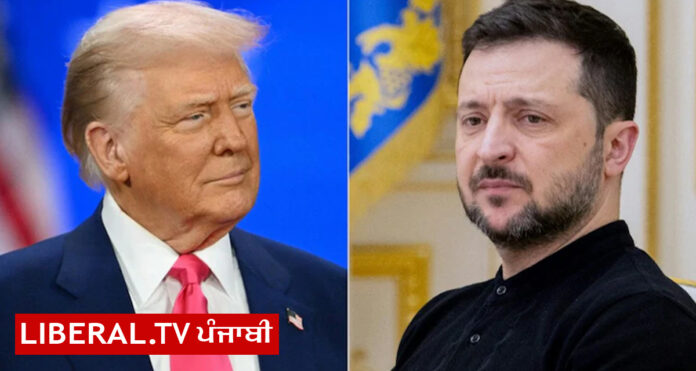U.S. President Donald Trump’s decision to halt all military aid to Ukraine has raised serious concerns, with many viewing it as an attempt to push Kyiv into capitulating to Russia’s demands. Oleksandr Merezhko, the chair of Ukraine’s Parliamentary Foreign Affairs Committee, condemned the move as effectively playing into Russian President Vladimir Putin’s hands. Speaking to Reuters, Merezhko argued that by halting support, Trump is, in effect, aiding Putin’s agenda—a dangerous and misguided turn of events that could have far-reaching consequences.
On the surface, Trump’s actions seem to signal a shift in U.S. policy toward a more accommodating stance toward Moscow—something that became apparent when he took office in January. This reversal of support for Ukraine, however, appears more like an attempt to force Kyiv to abandon its sovereignty and accept Russia’s demands. Merezhko’s comparison of this situation to the Munich Agreement of 1938, where Nazi Germany was allowed to annex part of Czechoslovakia, highlights the gravity of this moment. In his eyes, the situation is even worse than Munich, as it is not merely about appeasing an aggressor—it’s about accusing the victim of the aggression.
This pause in military aid is more than just a policy shift—it’s a psychological and political blow to Ukraine’s morale in the fight against Russian aggression. Merezhko pointed out that, beyond the practical effects, such a move damages Ukraine’s spirit and undermines the confidence it needs to continue its resistance. The psychological impact of having the world’s leading democracy backtrack on its promises of support is not just an inconvenience—it’s a severe moral setback.
Trump’s heated exchange with Ukrainian President Volodymyr Zelenskiy at the White House, where the U.S. president accused Zelenskiy of being ungrateful for American assistance, further underscores the confusion and disillusionment created by this policy change. It is not just the immediate halt in aid that is troubling—it is the broader message that Ukraine is not fully supported in its fight for survival against an aggressor. This stance raises serious questions about the long-term commitment of the U.S. to Ukraine’s sovereignty and the international order, especially when faced with the rising threat of Russian expansionism.
If the U.S. continues down this path, it risks not only emboldening Putin but also sending a dangerous signal to other global players that aggression can be met with appeasement. Ukraine, as Merezhko rightly points out, is the victim in this conflict, and any attempt to rewrite this narrative is dangerous and counterproductive. The stakes for Ukraine are immense, and the stakes for global security are no less dire. If the world’s most powerful democracy abandons its allies at a time of crisis, the implications could be felt for generations.



